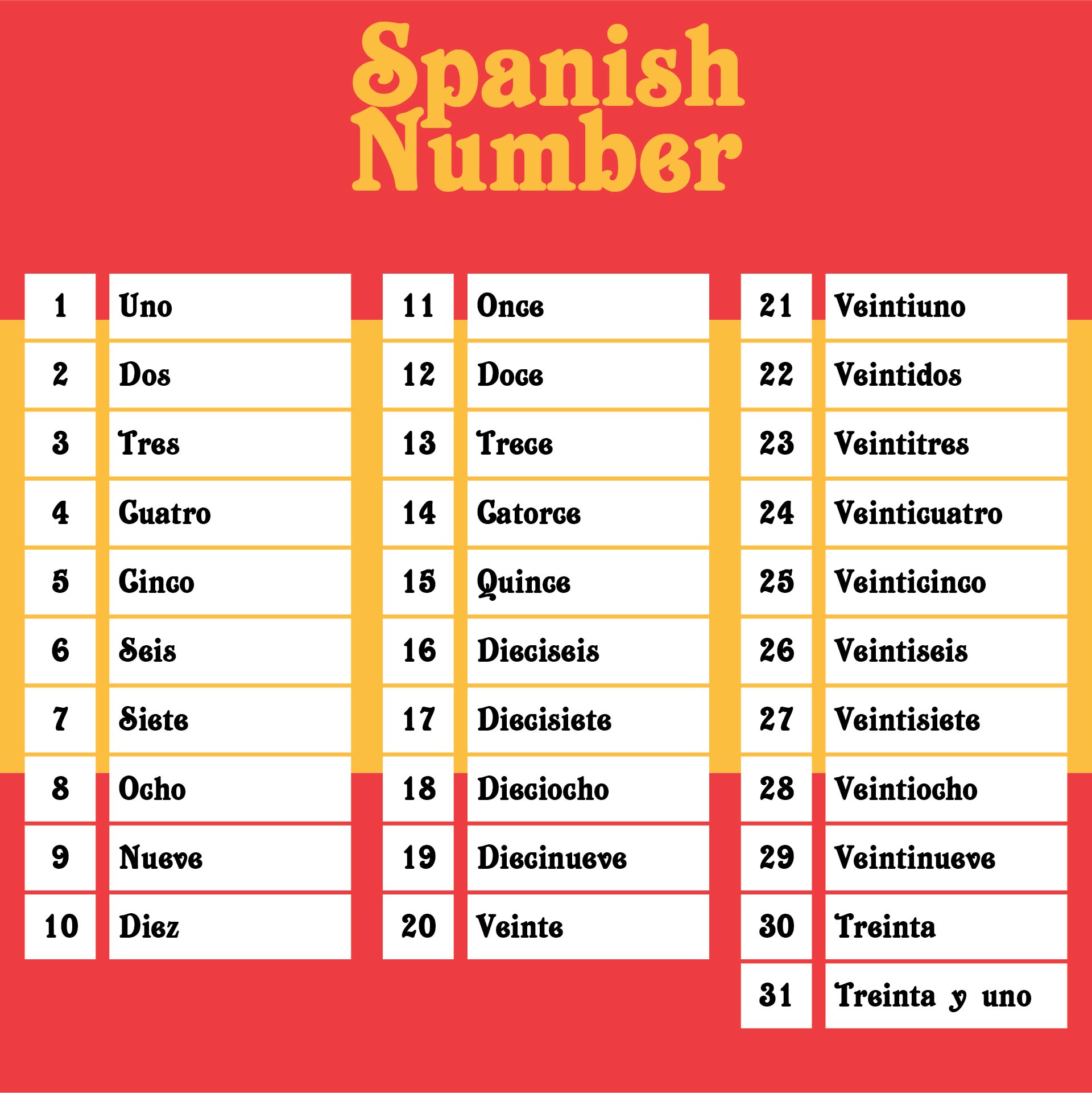If you’re planning to move to Spain or spend an extended period of time in the country, one of the key things you’ll need to familiarize yourself with is the NIE number. The NIE number, short for "Número de Identificación de Extranjero," is essentially a foreigner identification number and is required for a range of activities in Spain, such as opening a bank account, buying property, or starting a business.
So, what exactly is the NIE number in Spain? Well, think of it as your personal identification code that allows the Spanish authorities to keep track of your presence in the country. It’s a unique number that is assigned to non-Spanish nationals and is used as an identification tool for various administrative and legal purposes.
Obtaining your NIE number in Spain can seem like a daunting process, but fear not! In this comprehensive guide, we’ll walk you through everything you need to know about obtaining your NIE number. From understanding its importance to the step-by-step process of acquiring it, we’ve got you covered. So, let’s dive in and unravel the mysteries of the NIE number in Spain!
Section 1: What is NIE Number in Spain?
The NIE number in Spain, also known as Número de Identidad de Extranjero, is a unique identification number assigned to foreign residents in Spain. This number is issued by the Spanish government and is required for a wide range of legal and administrative processes in the country. It serves as a means of identification for individuals who are not Spanish citizens but need to interact with Spanish authorities.
Obtaining a NIE number is essential for various purposes such as opening a bank account, buying or selling property, starting a business, or applying for a job in Spain. It is a fundamental requirement for any non-Spanish resident who intends to stay in the country for an extended period of time. The NIE number provides a legal basis for foreigners to conduct their personal and professional activities while residing in Spain.
To apply for a NIE number, individuals must submit the necessary documentation to the Spanish authorities. This typically includes a completed application form, a valid passport or identity document, and proof of the specific purpose for which the NIE number is being requested. The process can vary depending on the location and administrative requirements, so it is advisable to seek guidance from the relevant authorities or consult an immigration professional to ensure a smooth and successful application.
NIE in 2 weeks
Understanding what the NIE number is and its significance in Spain is crucial for any foreign resident or visitor planning to engage in various activities within the country. This identification number not only facilitates legal compliance but also enables individuals to fully and confidently participate in the Spanish society and economy.
Section 2: Why do you need an NIE Number in Spain?
When it comes to living or working in Spain, obtaining an NIE Number is an essential requirement. But why exactly do you need it? Let’s explore the reasons below.
Firstly, an NIE Number, which stands for "Número de Identificación de Extranjero," is a unique identification number assigned to foreigners in Spain. It serves as your official identification for various purposes, such as opening a bank account, buying or selling property, and even getting a phone line or internet connection. Without an NIE Number, these important transactions can become quite challenging.
Secondly, if you plan to work in Spain, having an NIE Number is non-negotiable. It is a legal requirement for employment. Your employer will need your NIE Number to register you with the Spanish Social Security system and ensure that all your contributions are properly documented.

Lastly, an NIE Number is also necessary for interactions with government agencies and authorities. From completing tax and social security paperwork to accessing healthcare services, having an NIE Number simplifies these processes and ensures that you can navigate the Spanish bureaucracy more smoothly.
In summary, obtaining an NIE Number in Spain is of utmost importance due to its extensive use in day-to-day activities, legal requirements for employment, and facilitating interactions with government entities. Whether you plan to live, work, or simply carry out transactions in Spain, having an NIE Number is an essential step towards establishing your presence and rights in the country.
Section 3: How to obtain your NIE Number in Spain
Start by gathering the required documents: To obtain your NIE Number in Spain, you will need to gather certain documents. These typically include your valid passport, a completed NIE application form, and a document demonstrating the reason for your NIE application (such as a job offer, property purchase agreement, or student enrollment confirmation). Additionally, you may be asked to provide proof of payment for the NIE application fee.
Schedule an appointment: Once you have all the necessary documents, you will need to schedule an appointment to apply for your NIE Number. This can usually be done online or by contacting the local police station or foreigner’s office in the area where you are residing. It’s important to note that appointment availability may vary, so it’s advisable to book in advance.
Attend the appointment and submit your application: On the scheduled date and time, make sure to attend your appointment with all the required documents. At the appointment, you will need to present your documents and fill out any additional forms as required. Once your application has been reviewed and accepted, you will be issued a NIE Number certificate.
Remember, the process of obtaining your NIE Number may vary slightly depending on your location and personal circumstances. It’s always recommended to check the specific requirements and procedures in your area before applying.





